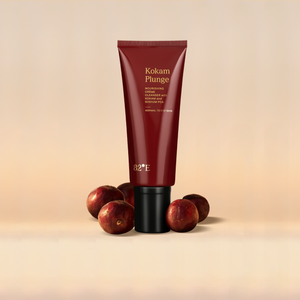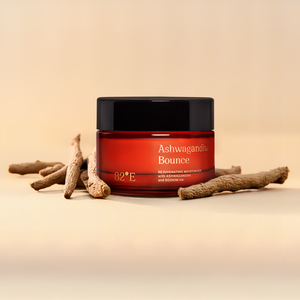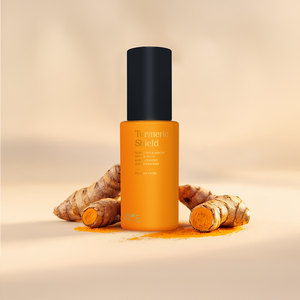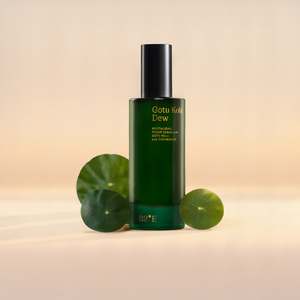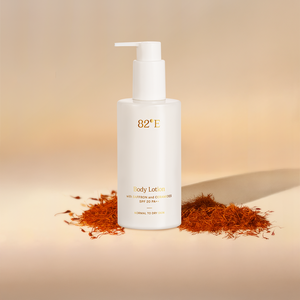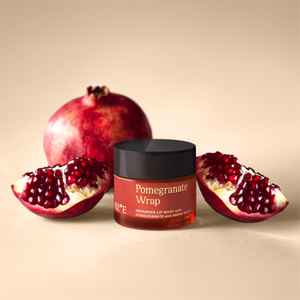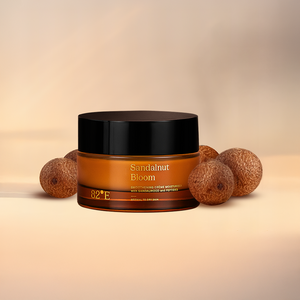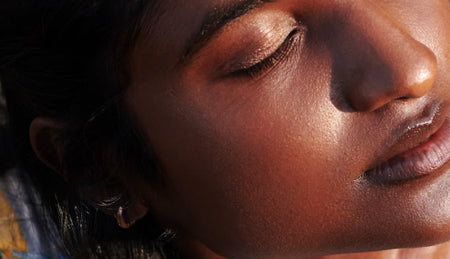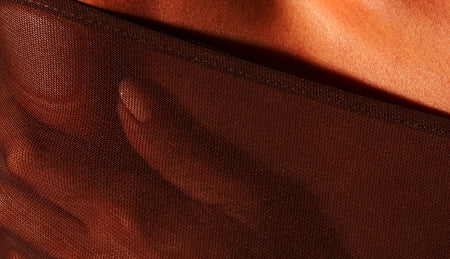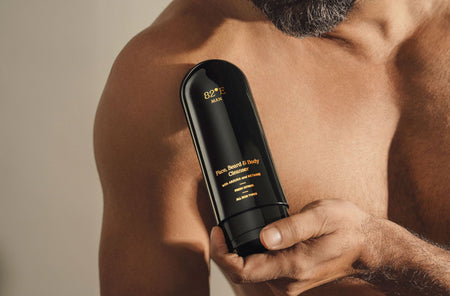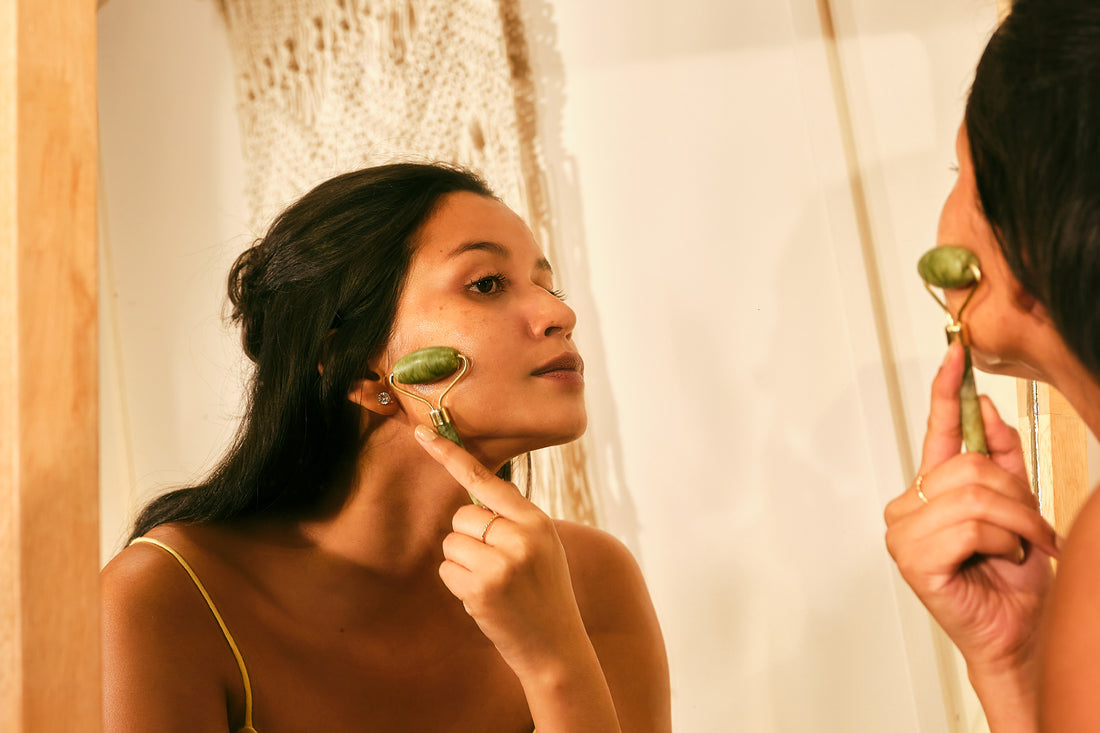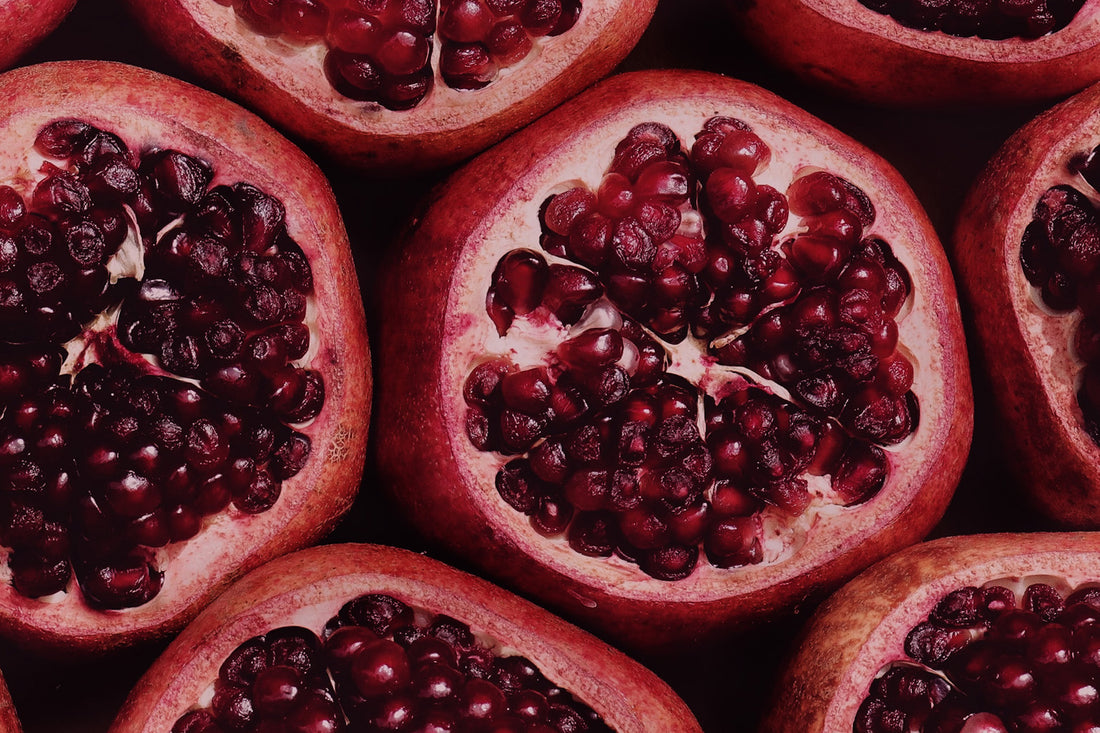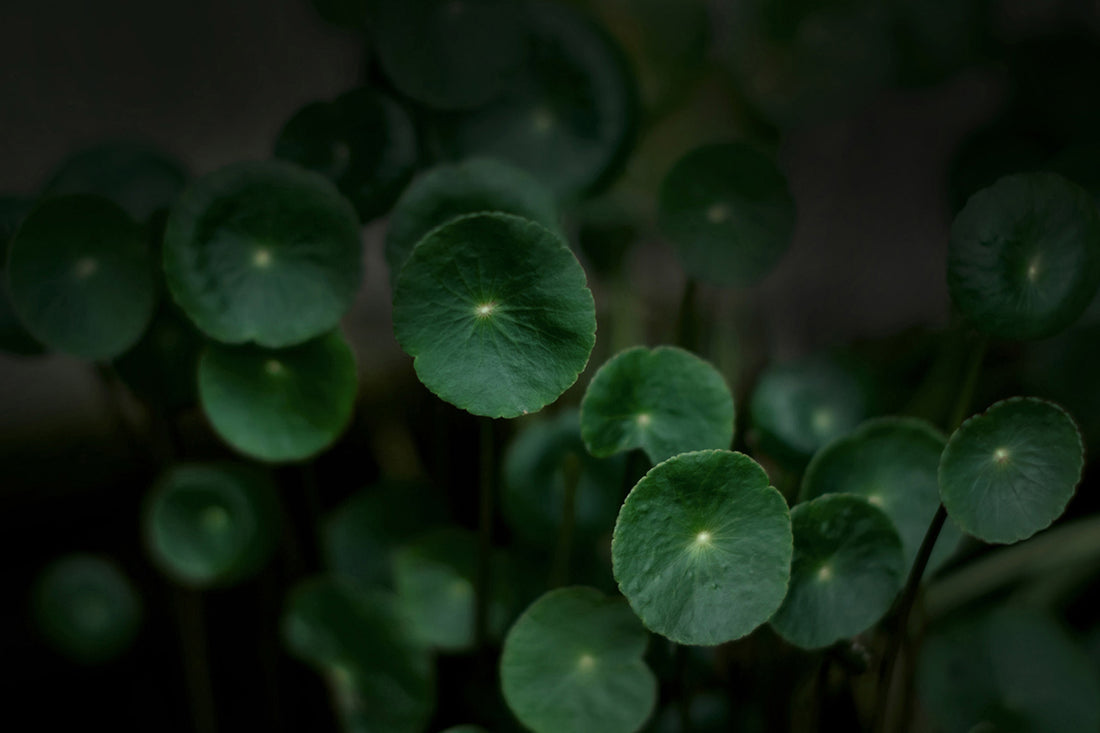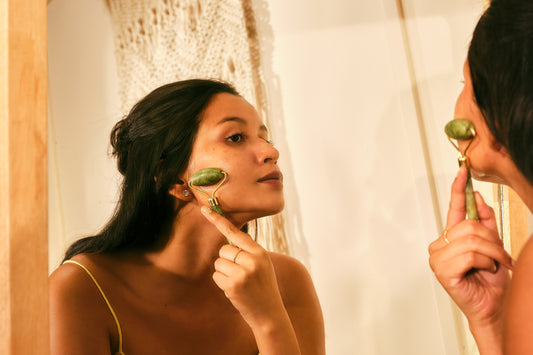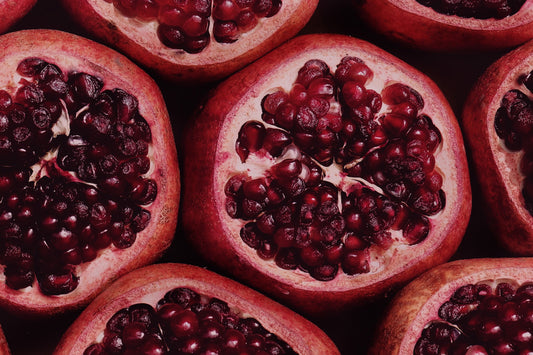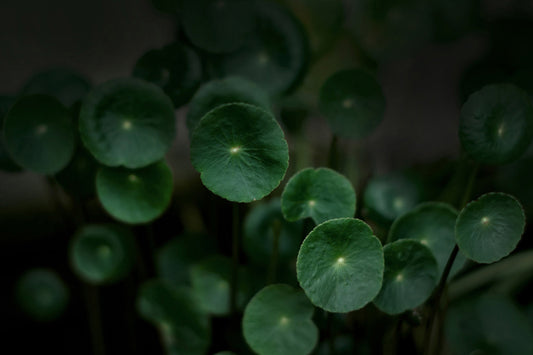
Do you notice your skin changing with the seasons? Then your skincare routine should evolve in step with it too. But how and why? We sat down with Dr. Jaishree Sharad, an internationally renowned, board-certified dermatologist, to understand how to approach transitional skincare.
Dr. Jaishree Sharad is the Medical Director of Skinfinitii Aesthetic & Laser Clinic, TEDx speaker, and author of The Skincare Answer Book, Skin Rules, Skin Talks.
Q. How is our skin affected by changing seasons?
Each season has its characteristic effect on the environment and by extension, also on the skin. In winter, as the air is dry, it strips moisture from our skin rendering it dry and flaky. The use of indoor heaters also contributes to dehydration of the skin. Psoriasis and eczemas are also known to flare in the months of winter.
In the summer months, the humidity content of the air increases, leading to sweating, clogged pores, and pimples. The increased sweating may also contribute to miliaria (prickly heat) and fungal infections. The sun’s rays are also harsher, which may lead to sunburns and tanning in the long run.
In the monsoons, as the humidity is high, there are increased chances of fungal infections. It is wise to cater to skin needs as the weather changes.
What is a transitional skincare routine?
A transitional skincare routine is meant to help your skin adapt to transitioning weather and seasons by tweaking your routine to match the weather changes. You need to pay attention to your skin while making changes in your routine.
Sunscreen should always be a part of it regardless of the season. Make hydration your priority, but the type of moisturizer may differ from season to season.
What are some skin concerns that commonly emerge during the summer?
As the humidity and intensity of sun exposure and temperatures increase, you may face certain skin issues. There are increased chances of sunburn and tanning, other types of hyperpigmentation, and sun allergies. Your skin may either get dehydrated due to increased sweating, or it may get oily due to clogged pores which may also lead to acne flares. Chances of prickly heat and fungal infections increase. You may also experience flares of pre-existing conditions like rosacea.
How should a summer skincare routine differ from a winter routine?
During summers, it’s better to opt for lighter formulations. Switch to light water or gel-based moisturizers as opposed to thick moisturizers in winter. Also, stay hydrated by drinking plenty of water. Although one must wear sunscreen throughout the year, it is crucial during the summer months. Opt for gel-based or matte sunscreens.
If you tend to get oily skin and breakouts during summer, opt for a foaming cleanser. Use gentle chemical exfoliation to get rid of dead skin and oil buildup. Do not over-cleanse or over-exfoliate. Lastly, choose lightweight makeup formulations or go makeup-free if you tend to get clogged pores.
5. Apart from skincare, what holistic changes can one make to transition into summer?
The number one priority should be staying hydrated. You must increase your water intake to compensate for water loss through sweating. Incorporate sun-protective clothing with UPF while going out in harsh sunlight. If you tend to sweat a lot, wear clothing made of breathable and sweat-absorbent fabric. Use powders to help with sweating. Do not wash your face with hot water. If you exercise, choose the early morning or late evening hours to avoid the harsh sunlight. Enjoy seasonal fruit as they are a rich source of antioxidants. In addition to skincare, all these habits will make transitioning into summer easy.
6. What are some misconceptions about hydrating the skin during summer?
The biggest misconception is that your skin doesn’t need moisturizer in summer as skin becomes oily. Oiliness is not the same thing as hydration. While it is true that heavy cream-based moisturizers are best avoided in summer (except wherever indicated), it is best to use gel-based moisturizers, that don’t feel heavy, yet provide moisture to the skin.
Another misconception is that water is enough to provide you with skin hydration. Topical moisturizers are needed for that.
Lastly, many believe that sunscreens are enough to provide moisture to the skin. Although there are some moisturizing sunscreens available, they may not provide you with the same hydration as a dedicated moisturizer.
7. How can different skin types approach transitional skincare?
No matter the skin type, it is imperative to keep your routine simple while transitioning. Focus on hydration and sun protection to help your skin adjust to changing seasons. Do not over-cleanse or over-exfoliate.
For oily skin, use gel-based or water-based moisturizers and gentle exfoliation. For dry skin, choose rich hydrating creams, oils, or serums, avoid exfoliating as it can strip your barrier. For combination skin, you may need to use a combination of different products for different areas, for example, exfoliating your T zone while hydrating the rest of your face. For sensitive skin, avoid any products with fragrance, alcohol, and known irritants and allergens. Patch test before incorporating any new products. Consult your dermatologist to create a custom skin care for you during transitional periods.
